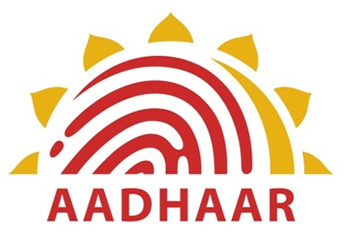
Bangalore, Jan 2: Union Government"s ambitious direct cash transfer scheme (DCTS)?was launched in Mysore, Tumkur and Dharwad on Tuesday.
The State government has listed around 15 different welfare schemes to be brought under the scheme.
Pension, subsidy and scholarship amounts will be directly credited to the bank accounts of the beneficiaries under the DCTS. The plan was to bring around 30 different government schemes under the system, including 15 of the State government.
The pilot project was launched in 20 districts across the country on Tuesday.
DCTS was launched for the beneficiaries of Janani Suraksha Yojane (a programme to ensure safe delivery and health of newborn children), merit-cum-means scholarships for students belonging to minority communities, pre-matric and post-matric scholarships for SC and ST students in Mysore, Tumkur and Dharwad districts.
“We have brought four schemes under the system. Steps are being taken to bring all 15 schemes of the State government under the DCTS in coming days,” Principal Secretary to Department of IT and BT I NS Prasad said.
At a high-level meeting chaired by Chief Secretary S V Ranganath on implementing DCTS, heads of the government departments are learnt to have complained about the non-availability of Aadhaar numbers and Aadhaar bank accounts of the beneficiaries to launch the schemes.
A large number of people, who have been enrolled under Aadhaar, have not received their Aadhaar number yet.
In many instances, Aadhaar number holders have failed to open their Aadhaar bank accounts.
It has also come to light that many government departments do not have a proper digital database of the beneficiaries, which is essential to implement the new system.
Jan 15 deadline
The Chief Secretary is learnt to have set January 15 as the deadline for departmental heads to bring all schemes under DCTS. He has directed all the departments concerned to immediately set up a team of officials to prepare a digital database.
However, trailing Aadhaar scheme may cast a shadow on the ambitious direct cash transfer scheme. Several benificiaries do not have Aadhaar cards or banks accounts in the three districts where DCTS was launched.
According to Ajay Nagabushan, Chief Executive Officer and in-charge Deputy Commissioner, Mysore, of the 33,685 beneficiaries identified for cash transfer, 28,214 have Aadhaar cards while 29,164 have bank accounts.
On the launch of the scheme, a total of Rs 7,000 was transferred to beneficiaries of Janani Surakasha Yojane while 300 students got their scholarships credited to their bank accounts.
In Dharwad, a sum of Rs 53.16 lakh was transferred to bank accounts of 4,278 beneficiaries on the first day. Of the 40,320 beneficiaries to be covered under the DCTS in the district, only 15,478 beneficiaries have Aadhaar numbers.
“All eligible beneficiaries would be enrolled for Aadhaar within 10 days. Aadhaar coverage is 95 per cent in Tumkur and Mysore districts. Dharwad was added later, and therefore, the coverage is not so high,”?Deputy Commissioner Sameer Shukla said.





Comments
Add new comment